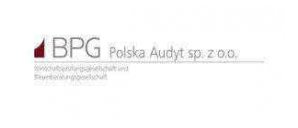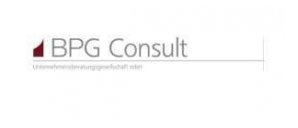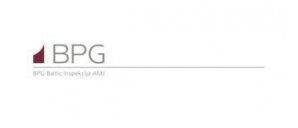
Valuation of receivables and revaluation write-downs
Valuation of receivables and revaluation write-downs in Poland
Receivables are amounts due to an entity, that arise as a result of past events that occurred as part of the core business operations of such entity, that have a specified payment date. The balance of short-term receivables as at the balance sheet date, includes receivables which, after payment, will become cash in hand. Those receivables that are challenged in part or in whole are called claims. Every year, companies are required to provide written confirmation of the balance of receivables with the contractor in order to prevent the occurrence of disputes. In the case of any differences, the balances of individual items as compared to the given invoices are shown on the confirmation.
The valuation of receivables on the balance sheet is presented in the amount of the due payment, while maintaining the principle of prudence. The nominal value is reduced by revaluation write-downs which gives the realistically assessed payment amount.
During the annual audit of the financial statements, the statutory auditor verifies the balance of receivables and revaluation write downs in several different ways. The main way that the correctness of the balance is checked is through the confirmations received from contractors, but sometimes the accounting entries and payments are reviewed.
According to audit practices, write-downs for receivables should be made when:
- there are appropriate provisions in the accounting policy regarding the determination of write-downs for overdue receivables, e.g., a write-down of XX% for every 90 days of payment delay;
- the company has information about the deteriorating financial condition of the client, which may threaten the repayment of the debt; the most probable write-down is estimated;
- the receivables have entered the debt collection process - there are indications of difficulties in recovery; 100% write-off should be made;
- the payment deadline has been exceeded by over 360 days - 100% write-off.
The statutory auditor, at his own discretion, may agree to the lack of a write-down provided that:
- the matter concerns a regular client with whom the continuity of cooperation is maintained, and with whom there is a record of business throughout the year;
- the receivable refers to a large client which has the capacity to pay back any outstanding amount;
- old balances will be reconciled.
How are write-downs reversed?
In the event a given receivable is treated as non-recoverable a write-off should be booked with the settlement. If the receivable is then recovered, the booking is reversed by an entry under other operating income.
return










